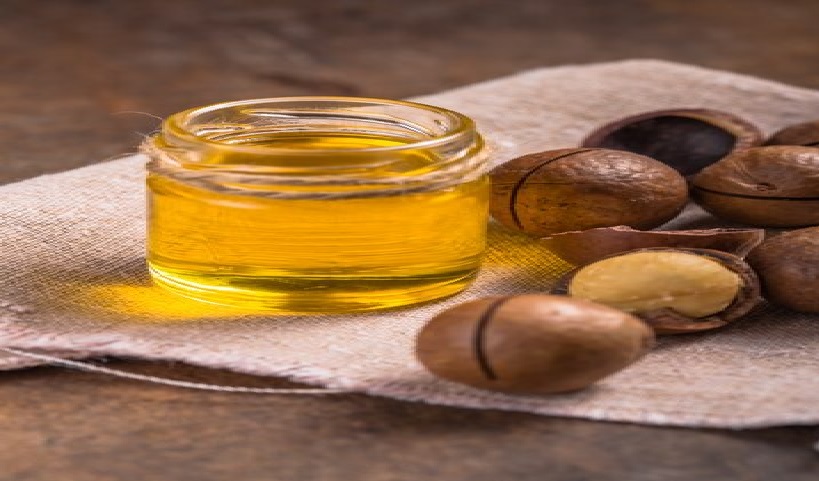Oil palm producers happy with the increase in FFB prices
03-Oct-2024 08:24 PM

Hyderabad. Due to the increase of 20 percent in the basic import duty on edible oils and the increase in market prices, the price of fresh fruit bunches (FFB) of oil palm has gone up, due to which Indian producers have started getting better returns.
Along with this, the producers want that this situation of profit should continue in future as well and they should get a fixed price of Rs 20,000 per ton.
Due to the increase of 20 percent in the import duty on crude and refined category edible oils by the government, the price of FFB has increased by about Rs 2500 per ton, due to which the country's oil palm producers are getting a lot of relief.
Earlier the price of FFB was around Rs 14,390 per ton, which has now increased by Rs 2610 to Rs 17,000 per ton. Although the producers are happy with this sudden increase in the price of FFB, they are afraid of a further decline in it.
Oil palm producers say that the farmers will definitely benefit from the increase in prices, but it is doubtful whether this increase will continue.
If due to any pressure or compulsion the government removes or reduces the increase in import duty on edible oils, then the price of oil palm will not be able to remain at a high level for a long time.
The government says that the import duty on edible oils has been increased with the aim of improving the price of oilseeds in the domestic sector and increasing production.
This is also correct because after the announcement of the government decision, the price of soybean has also increased well. The government wants that the farmers get a profitable price for the oilseeds.
Oil palm is produced on a large scale in Telangana and Andhra Pradesh, while its plantations are also being planted in some other states.
Producers say that the production cost of palm has increased considerably, while on the other hand its yield rate has decreased by 40-50 percent. Earlier, around 10 tonnes of palm was produced in one acre which has now been reduced to 5-6 tonnes.
